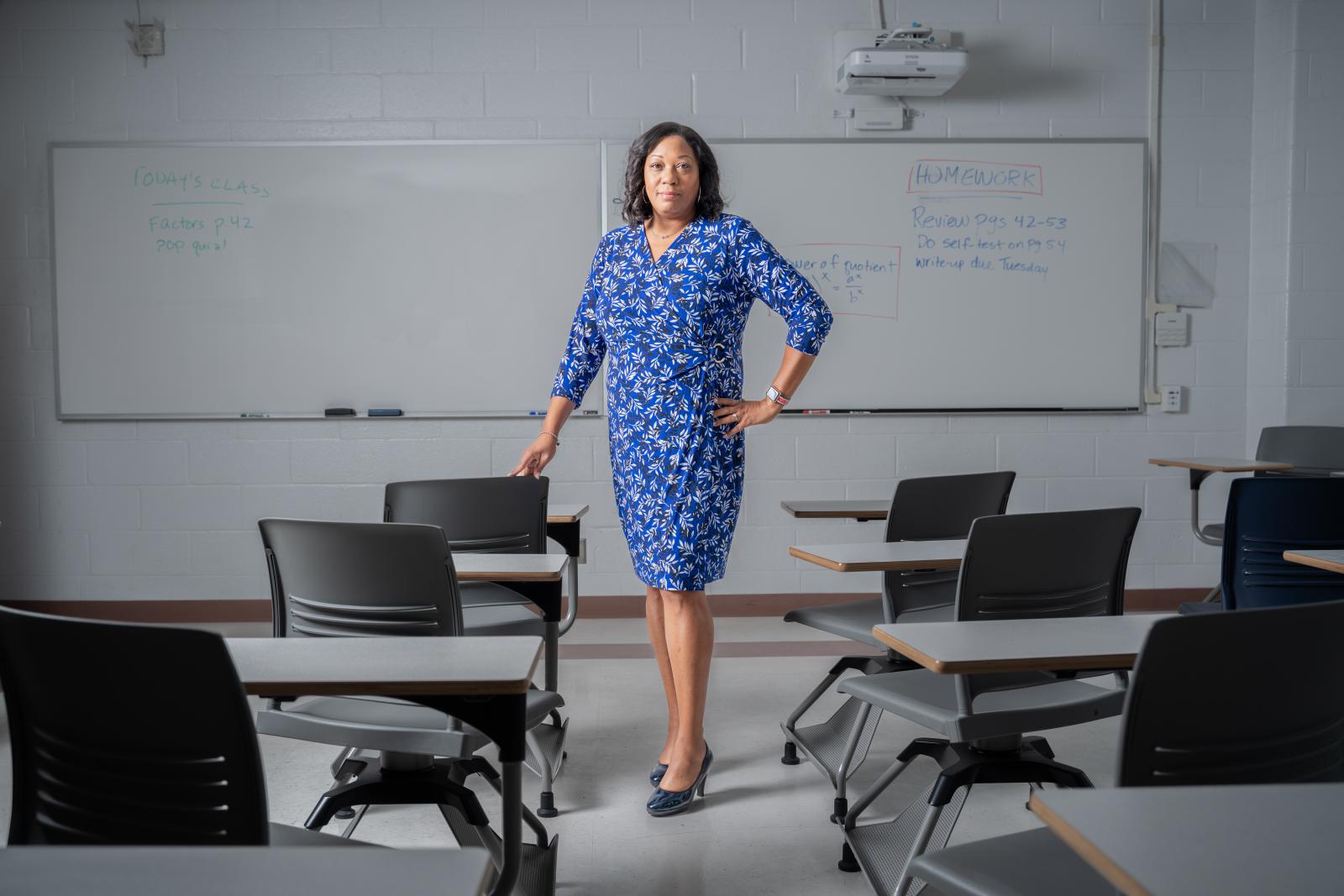On the morning of June 29, 2023, I was in Henderson, Nevada, preparing to deliver opening remarks to over two dozen Black school superintendents. Breaking news on TV shared that the Supreme Court ruled that the admissions practices used by Harvard University and the University of North Carolina violated the Fourteenth Amendment’s Equal Protection Clause. In other words, by a 6-3 vote, the Court eroded 45 years of precedent, deciding that race-conscious admissions practices in higher education was unconstitutional.
The pursuit of equality and justice requires ongoing efforts to level the playing field and provide opportunities to those that have been historically marginalized and disadvantaged. This ruling hit hard and felt uncomfortably personal, knowing, and acknowledging how I, and other students like me, have benefited from affirmative action. My prepared remarks shifted to underscore the premise that, from PreK-12 to postsecondary educators, we are all in this together.
Affirmative action has been seen as a response to the centuries of exclusion of Black students by predominantly white institutions (PWIs), enabling these universities to create diverse learning environments.”
Affirmative action has long been a contentious legal issue in the U.S., aiming to address and remedy historical inequalities by promoting diversity and inclusion in education. This is due to the exclusivity of American postsecondary institutions. Harvard University, founded in 1636, is the nation’s oldest higher education institution, but did not admit its first Black student until 1847. Public protests from students and faculty followed; that student died prior to the start of the academic year. It would be 23 years until Harvard accepted another Black student. Despite being founded in 1789, the University of North Carolina did not admit its first Black student until 1951.
Hence, affirmative action has been seen as a response to the centuries of exclusion of Black students by predominantly white institutions (PWIs), enabling these universities to create diverse learning environments. Data has shown that since the onset of affirmative action policies, there has been an increase in college student diversity. Without this proactive approach, we are likely to see a reduction in a diverse student body on campuses, particularly at selective PWIs.
This opportunity directly combatted a history of unfair systemic barriers to education that I and my family had experienced due to racial discrimination and segregation.”
I credit affirmative action programs for exposing me to graduate education that ultimately led to pursuing and earning a PhD. As a first-generation college student, I had the talent and intelligence, but lacked the opportunity and exposure. Participating in a gateway program to increase the number of underrepresented students in graduate study and research careers prepared me for graduate study at a research-intensive university. This opportunity directly combatted a history of unfair systemic barriers to education that I and my family had experienced due to racial discrimination and segregation. Education has long been considered a pathway to social mobility. Removing these opportunities for students can alter transformational life experiences and hinder the ability to break the cycle of poverty.
I expect that we will see declines in racial diversity among many PWIs, which means that some of the most talented students of color will be seeking a college degree elsewhere. Historically Black colleges and universities (HBCUs) should be among their options. HBCUs have upheld the mission of educating talented diverse students, many of which are first generation and have graduated from Title I schools – like I was. HBCUs are known for fostering talent that often goes unrecognized at other institutions and are examples of simultaneously promoting diversity and academic excellence. As we embark on a new admissions cycle, we will begin to see the consequences that this decision has for all institutions.
Dawn Williams is the dean of the School of Education at Howard University.
Article ID: 1586




